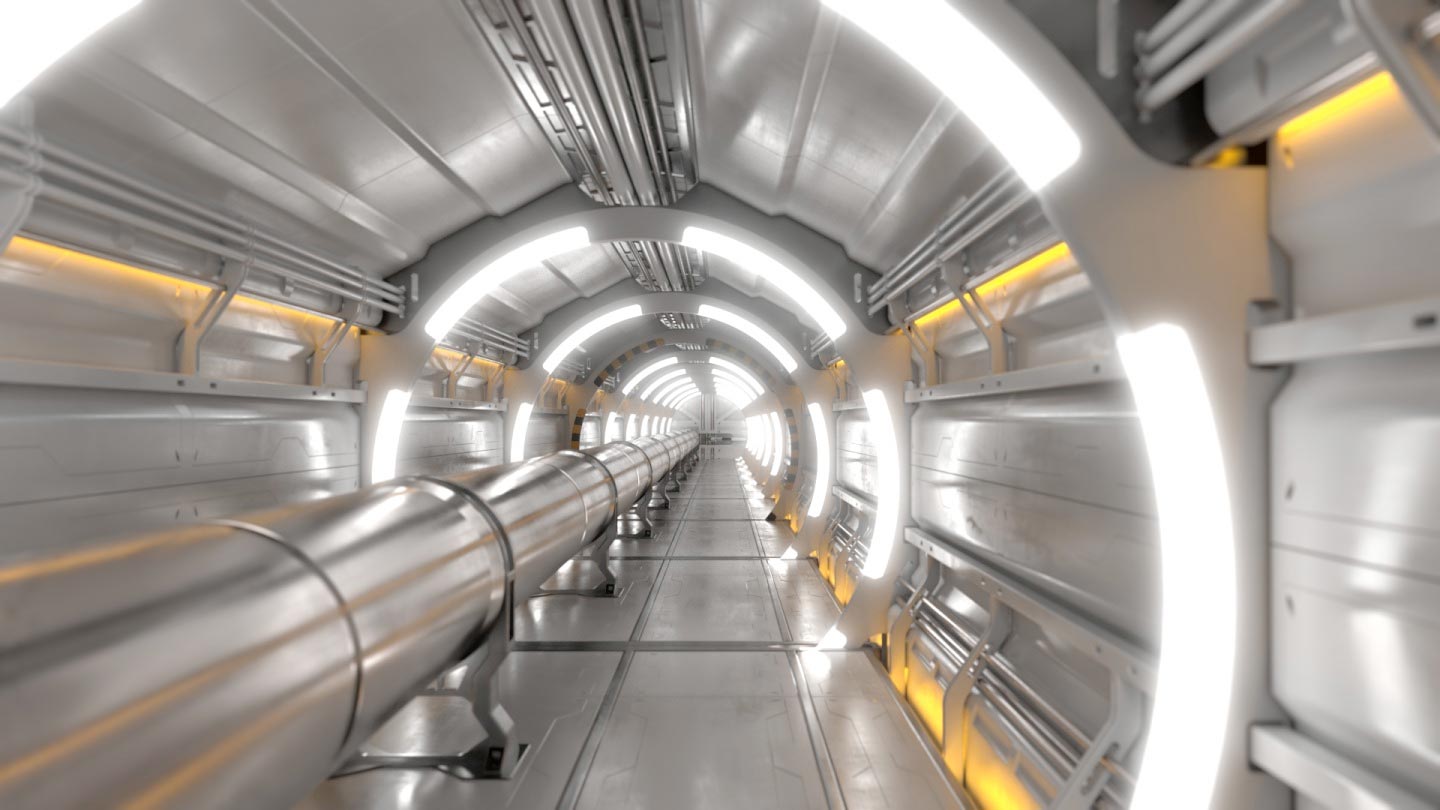
Superconducting radiofrequency systems
| University |
University of Siegen (USIEGEN)
|
|---|---|
| Title | Superconducting radiofrequency systems |
| Synopsis |
In the second (1 week) class we examine in detail one of the enabling technologies for modern next-generation accelerators: Superconducting Radio-Frequency (SRF) Systems. Many present-day accelerators still employ copper normal conducting (NRF) accelerating units. This course analyses the limitations of such systems and illustrates that power dissipation in copper cavities can be such a severe handicap that many new accelerator applications cannot be realized with conventional copper technology. In detail we look at SRF as an alternative and why it offers so many advantages that go far beyond the idea of “just saving some electrical power”. During the week, we also look at the basics of superconductivity, what materials can be used for SRF cavities, how they are produced and what other systems are needed to actually operate SRF cavities in an accelerator. An important aspect of the class is the simulation lab that accompanies the lectures which illustrates in depth the concepts.
|
| Hours per semester |
10
|
| Total hours |
10
|
| ECTS points |
3
|
| Type of course |
Combined Lectures And Excercises
|
| Industry cooperation |
N/A
|
| Offered by |
USI
|
| Lecturers |
Jens Knobloch
|
| Rationale |
This course introduces the basic concepts of superconducting radio-frequency systems.
|